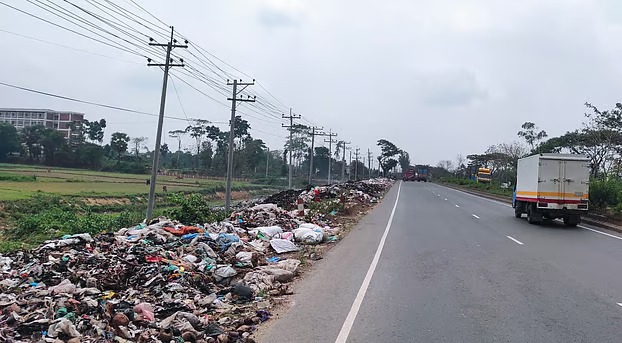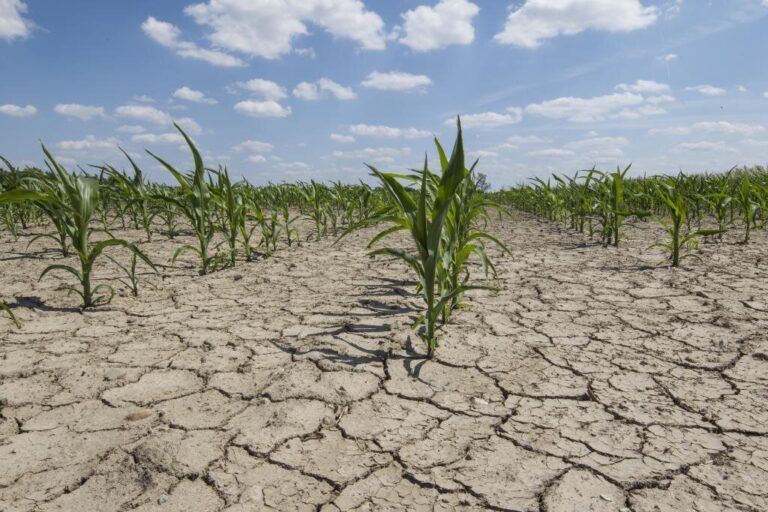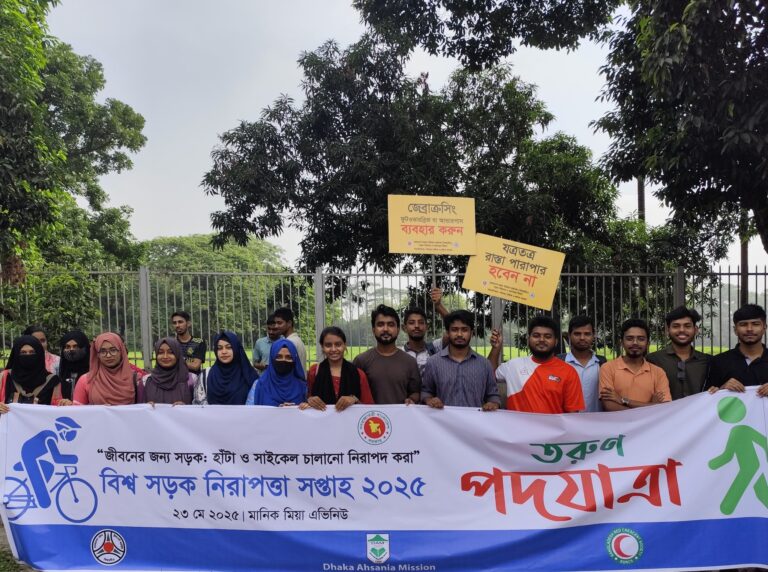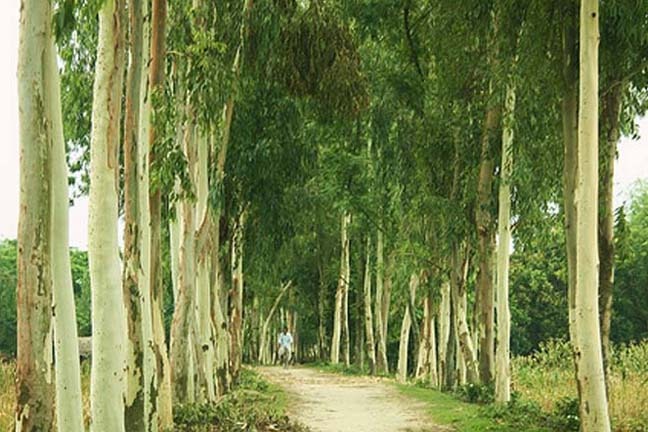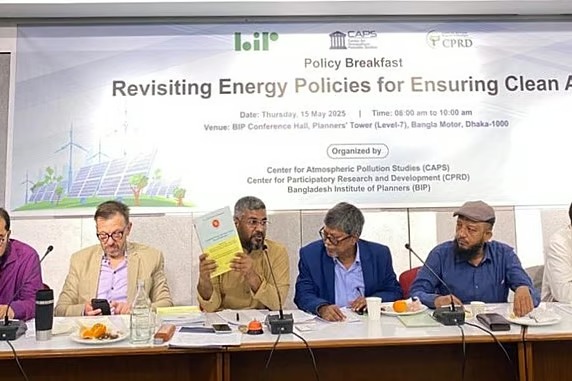The Dhaka-Chattogram Highway—Bangladesh’s most vital economic artery—has become a sprawling, unofficial dumpsite, particularly across several areas in Cumilla district. What should serve as a symbol of connectivity and development now reeks—both literally and figuratively—of negligence, short-sightedness, and systemic failure in waste management.
From Haratoli to Chauddagram, and from Chandina to Burichang, the once-green verges of this 100-kilometer stretch have turned into long, stinking strips of unregulated waste. At least 20 such open dumping zones have been identified, many of which are located dangerously close to schools, markets, residential areas, and even army cantonments.
A Crisis in Plain Sight
In Haratoli, under Cumilla Sadar Dakshin, mountains of uncollected waste line the highway’s Dhaka-bound lane, producing unbearable stench that carries through the air for kilometers. Local residents claim this began over two years ago, and the situation has only worsened. “We’ve protested repeatedly,” said Rafiqul Islam, a resident, “but no action has been taken. The city corporation has turned our green neighborhood into a wasteland.”
Even more disturbing, three educational institutions lie within the immediate vicinity of this dumping ground. Students report not being able to concentrate in class due to the overwhelming stench. “We cover our noses just to enter the school gates,” said Tahmina Akter, a college student.
Shifting Blame, No Concrete Action
The Cumilla City Corporation claims that it stopped dumping waste in Haratoli three months ago. Waste Management Officer Md. Alamgir Hossain stated, “We removed previous waste with heavy machinery. Now, local businesses and individuals are illegally dumping at night.” Yet, no effective surveillance, regulation, or penalty system appears to be in place to stop this nocturnal pollution.
Similarly, at Chauddagram’s Balujori area—where the highway marks the entrance to the municipality—piles of waste stretch nearly 400 meters, polluting the air to the extent that travelers must cover their faces to endure the smell. Local resident Asif Hossain shared, “For over 20 years, our municipality has dumped waste here. Sometimes they burn the garbage, worsening the air pollution.”
The situation is mirrored in Chandina’s Dhansiri, Burichang’s Nimshar Bazar, and Daudkandi’s Taltolee. Even bustling commercial areas like Cumilla’s vegetable markets are contributing to the problem, dumping unsorted waste directly onto the roadside.
Who Is Responsible?
Environmental activists are sounding the alarm. Mosleh Uddin Ahmed, President of Bangladesh Poribesh Andolon (BAPA) Cumilla, stressed, “Waste management is a civic responsibility. Taxpayers have the right to clean environments. This level of mismanagement is not just irresponsible—it’s criminal.”
Officials from the Department of Environment (DoE) say they have issued repeated warnings. “We’ve cautioned the municipalities and corporations many times,” said Mosabber Hossain Mohammad Rajib, DoE Deputy Director in Cumilla. “But it’s their duty to manage waste. The Roads and Highways Department (RHD) must also take stronger action, as the highway’s maintenance falls under their jurisdiction.”
RHD Executive Engineer Khandakar Golam Mostofa admitted that the agency has sent multiple letters to local government bodies, warning them to stop illegal dumping. “Despite our efforts, the problem persists. Stronger enforcement and community awareness are now essential.”
Toward a Sustainable Solution
Bangladesh has made strides in renewable energy, climate awareness, and sustainable agriculture. Yet, its urban waste management remains archaic and under-resourced. The ongoing pollution along the Dhaka-Chattogram Highway highlights the urgent need for coordinated, multi-agency action.
We need a roadmap that includes:
-
Immediate enforcement against illegal dumping.
-
Designated and scientifically managed landfill sites.
-
Waste segregation at source.
-
Public awareness campaigns and behavioral nudges.
-
Use of technology like surveillance cameras and IoT waste monitoring.
If unaddressed, the situation poses not just an environmental hazard but a public health crisis. The Dhaka-Chattogram Highway cannot be the dumping ground for local mismanagement. It must be restored as a corridor of progress—clean, green, and sustainable.
Source: Abdur Rahman, Prothom Alo

